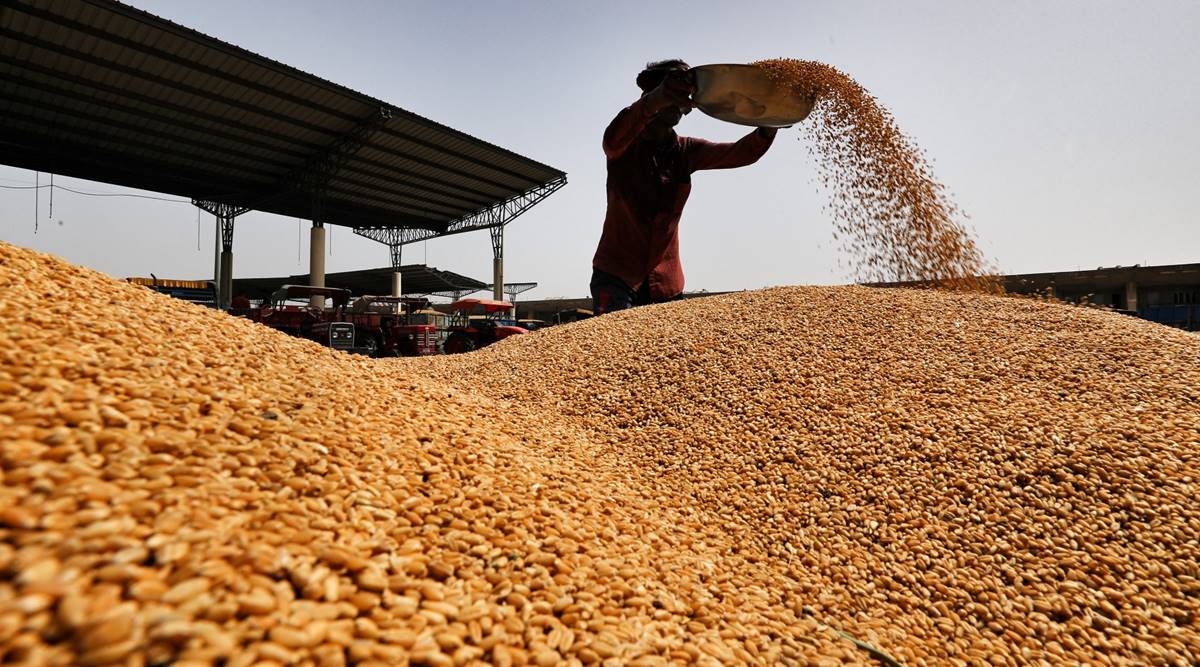Tough rules of origin for alcoholic drinks may turn out to be a sticky point in the ongoing negotiations for the India-UK free trade agreement (FTA). While the UK is pushing for relaxed rules of origin for its liquor industry, New Delhi wants 35-40% domestic value addition for any such items to be eligible for concessional duties, sources told FE.
Moreover, India will likely settle for a phased reduction of the hefty 150% import duty on alcoholic beverages, beyond a price threshold, for the UK if it gets attractive counter-offers. Greater market access for Scotch and other alcoholic beverages is a key area of interest for the UK.
“If 40% value addition becomes the benchmark, maybe only Scotch makers will be able to fulfil this condition for concessional access to the Indian market. Many other British liquor items may fail on this front, given the integrated nature of the supply chain where raw materials are sourced from other countries,” said one of the sources. “Such a criteria will also make it tough for the Indian liquor industry to be able to supply their products to the UK as well,” added the source.
With the Diwali deadline for clinching the FTA now out of the question, negotiators will have quality time to ensure they get a win-win deal for both the sides, the sources said. The rules of origin is one of the several sticky points that the negotiators are seeking to overcome. Already, while India wants further relaxation in the stringent British visa norms for its skilled workers and students, the UK is reluctant to do so. Similarly, the UK wants greater and easier access for its companies to bid for Indian government contracts and less tough rules for data localisation–demands that are tough for New Delhi to acceed to easily.
Currently, UK is the largest supplier of beverages, spirits and vinegar to India, having accounted for 34% of New Delhi’s total purchases until August this fiscal. In fact, such imports from the UK jumped 132% in the first five months of this fiscal from a year before to $166 million. Still, the purchases remain way below potential due to the high duty incidence.
Earlier this year, India and Australia signed a trade deal under which New Delhi pledged to allow high-end wine from Australia (beyond a price threshold) at concessional duties. This had raised expectations that similar concessions might be granted to the UK as well. However, senior government functionaries have said every economy is different, so offers for one country may vary from those for another country.
As part of its interim deal with Australia that is yet to be formally ratified by Canberra, New Delhi will allow Australian wine that costs between $5 and $15 per 750 ml at a concessional duty of 100% initially from the current 150%. The tariff will be cut by 500 basis points annually for ten years and finally kept at 50%. Similarly, the import duty on wine beyond $15 per 750 ml will be reduced to 75% immediately; it will then be cut by 500 basis points annually for ten years to be kept at 25%.
Both India and the UK launched formal negotiations in January for the FTA, which could ultimately cover more than 90% of tariff lines. They aim to double bilateral trade of both goods and services to about $100 billion by 2030. The India-UK trade is dominated by services, which make up about 70% of the overall annual commerce. FE





